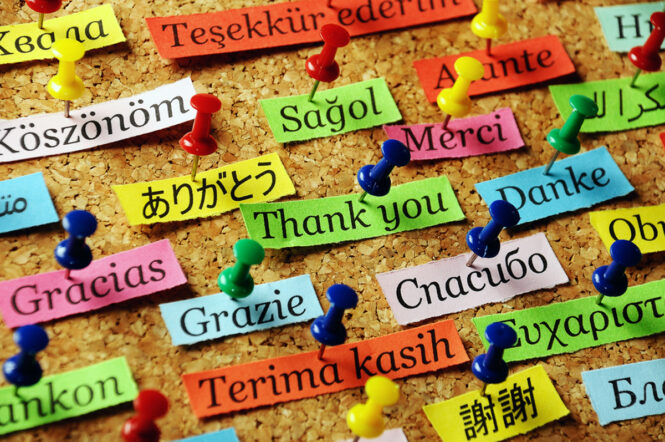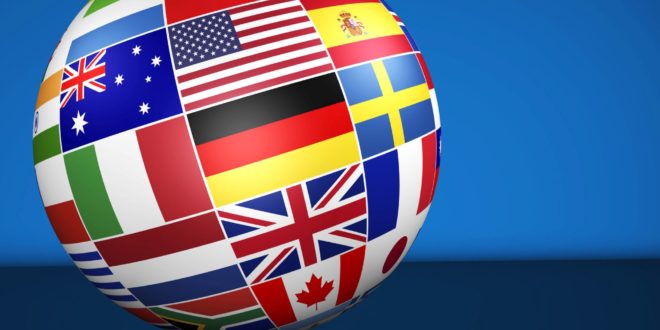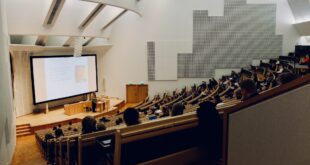Hello, fellow language learner!
Today we want to talk about something we consider extremely important, not only in language learning, but also in our lives, in general, and that is our capacity of making mistakes and learning from them.
Now, we like to tell ourselves that everyone on this planet has made a mistake (or perhaps two, three, or even countless mistakes) at some point in their lives. And this isn’t limited to only humankind, but also animals make mistakes. It has been scientifically proven that monkeys learn by observing their peers messing up. The difference between us and monkeys is that we ponder over our mistakes because we have the capacity of thinking about what we did wrong.
Now, let’s discuss the main problem with making mistakes. We all went to school in order to learn something. Looking at language learning in particular, even in our modern-day school systems, we have all been graded on our language skills because teachers need some way to evaluate us. Sometimes this is done in some sort of punitive way. I presume we can all remember the times at school when we got discouraged due to our marks and how this may have had a negative impact on our willingness to improve our language skills.

However, if someone had developed a different way of dealing with our mistakes, maybe we wouldn’t have reacted so negatively to dealing with them every day. It’s clear that, even when we finished high school and became independent learners, we’ve still kept that burden of being judged, whether consciously or unconsciously.
So many times we are bombarded by words like “perfect native accent”, “perfect accent”, “perfect grammar”, or “You speak the language perfectly”. This choice of words indicates that a lot of people see language learning as a performance or competition (and we tell ourselves things like, “He speaks better than me!” and so on). This kind of attitude is not only useless, but it is also dangerous as it can hamper us from learning a language effectively on our own.
Language learning is not a competition or performance; rather, it’s about communicating with others. In this system, we tend to see native speakers as role models and sometimes we tend to forget that native speakers make quite a few mistakes themselves, and the fact that they’re native speakers doesn’t necessarily mean that they don’t make mistakes or never have or will.

As an independent learner, language acquisition is not only about expansion, meaning learning more words or structures, but it’s also about requirement; it means we enhance our knowledge by input, listening, reading, getting exposure to the language and also by human interaction (writing and talking to someone or receiving feedback). Of course, it also depends on how that feedback is given. If you stumble upon a very negative person that often corrects you, obviously it will discourage you, especially if you are in the beginner phase. So surround yourself with supportive people who observe and correct your mistakes only for the sake of making a better version of yourself.
If you ever thought about starting to learn Arabic, you might want to check kaleela.com. The people behind the platform and the Arabic app support every person that wishes to learn the language, and they nurture their desire and motivation to do so.
In conclusion, we would like to quote Einstein, who said, “Anyone who has never made a mistake has never tried anything new.” It really doesn’t take a genius to figure that out, does it?
 Imagup General Magazine 2024
Imagup General Magazine 2024



